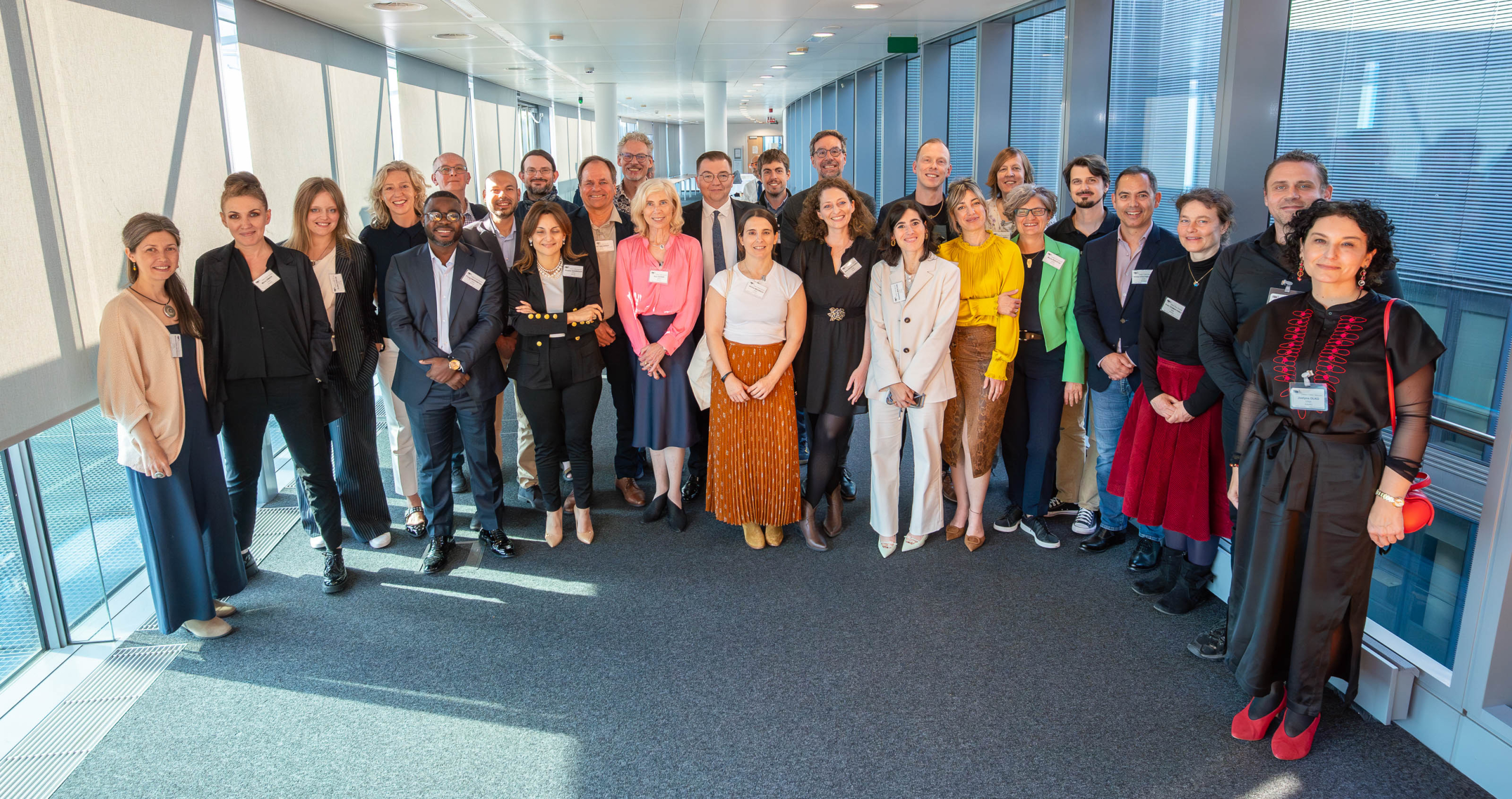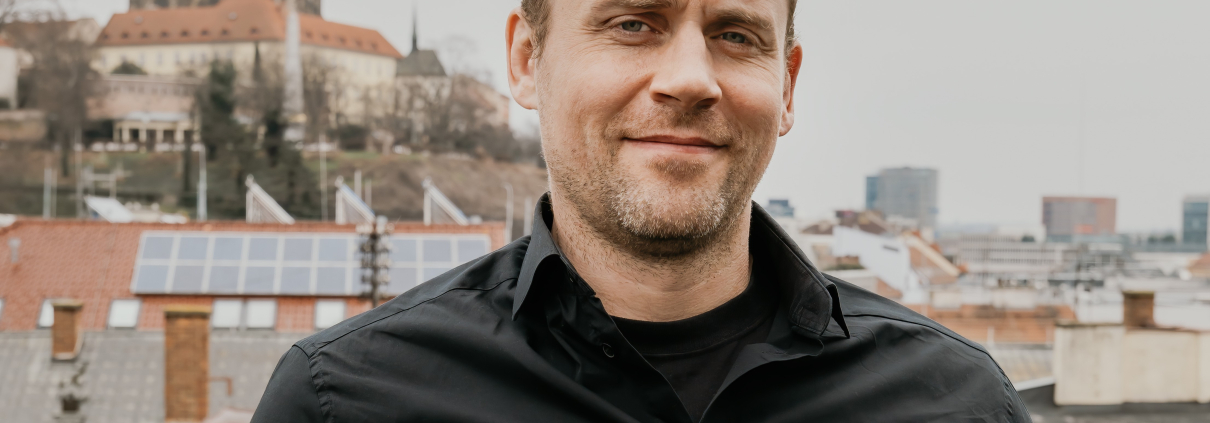Adam Williamson has been appointed as an ambassador for the European Research Council
The European Research Council (ERC), in collaboration with the Association of ERC Grantees (AERG), has launched a new network of ambassadors to promote the importance of frontier research across Europe. As the ambassador for the Czech Republic was elected Adam Williamson from the International Clinical Research Center (ICRC) in Brno – a renowned neuroscientist and recipient of five prestigious ERC grants. His research combines advanced technologies with clinical applications, currently focusing on epilepsy treatment and the translation of innovations in the field of sleep apnea into practice.

Adam Williamson
The European Research Council (ERC) and the Association of ERC Grantees (AERG) launched the new Ambassadors for the ERC network on 28 April 2025. This joint initiative aims to promote investment in frontier research and highlight the importance of research by explaining how it benefits the economy and society.
Thirty-two ERC grantees have been selected and nominated as Ambassadors for the ERC. Adam Williamson, representing the International Clinical Research Center (ICRC) — a joint workplace of St. Anne’s University Hospital and the Faculty of Medicine at Masaryk University — was also among those selected.
At ICRC, Williamson leads the Neuromodulation Technology team and is the recipient of five ERC grants. His research focuses on in vivo applications of novel electronic devices and brain stimulation methods.
He received a bachelors and masters in electrical engineering from Texas Tech University, USA, and obtained his doctorate at the Technical University of Ilmenau, Germany. Previously, he served as research scientist at the Institute of Neuroscience (INS), a part of Inserm at Aix-Marseille University (AMU) in France.
His research has received significant support from the European Research Council (ERC) under the EU’s Horizon Europe programme. He has been awarded a total of four ERC grants to date: an ERC Starting Grant in 2016, ERC Proof-of-Concept grants in 2020 and 2022, and an ERC Consolidator Grant in 2023. His most recent, fifth ERC grant – another Proof-of-Concept – was awarded in 2024.

Group photo of the elected ambassadors. @ERC
Adam Williamson’s team is investigating non-invasive temporal interference stimulation as a novel neuromodulation approach for treating epilepsy. The goal is to develop a viable and effective therapeutic intervention that can reduce seizure frequency and improve the quality of life for individuals with epilepsy. He is using the support from his most recent ERC grant to translate the results of his sleep apnea research into practical application.
Obstructive sleep apnea, a condition characterized by interrupted breathing during sleep, is a relatively serious disorder affecting up to one billion people worldwide between the ages of 30 and 69. The condition not only disrupts oxygen intake but also negatively impacts sleep quality and overall patient health. A large proportion of more severe cases of sleep apnea require medical intervention. A large proportion of more severe cases of sleep apnea are treated using CPAP therapy (Continuous Positive Airway Pressure). During sleep, the patient wears a mask connected to a machine that provides a steady flow of air. However, the mask is uncomfortable for many patients.
As part of his research, Williamson developed a prototype device called FitSleep. It is a hypoglossal nerve stimulator that opens the airway by elevating the tongue. The device is pocket-sized and provides non-invasive stimulation of the nerve, eliminating the need for implanted electrodes or batteries.
“It’s a great honour to be selected. I’ve been fortunate to receive generous support from the ERC over the years, which has been instrumental in advancing my research on epilepsy treatment. Taking on this ambassadorial role felt like a natural extension of my gratitude, and an opportunity to give back by encouraging others to aim high and apply. The Czech Republic is full of scientific potential, and I hope to help ensure that more researchers here see the ERC not as something distant or unattainable, but as a real possibility for supporting ambitious, curiosity-driven work,” says Adam Williamson
Following a call for expression of interest to all ERC grantees, the AERG received over 200 applications, from which 57 applicants were interviewed. The selection process was based on balancing current grant holders’ gender and seniority.
The Ambassadors for the ERC will serve as influential advocates for frontier research in Europe, engaging with policymakers, the media, and local research communities to promote and safeguard its value. They will work together with the ERC National Contact Points (NCPs), who have a primary role in providing guidance, practical information and assistance to local researchers in their own language, on all aspects related to Horizon Europe.
‘I hope the ambassadors will become recognisable faces of ERC-funded research. This network has great potential to advocate effectively for frontier research across Europe. Together, we must keep reminding our fellow citizens why funding frontier research is not optional, and why it is essential for Europe’s long-term health and prosperity,’ said Maria Leptin, President of the ERC.
The mandate of the ambassadors is for one year with a possible renewal of up to six times based on the expression of interest. The AERG and the ERC hope to expand the Ambassadors for the ERC network in the future to include more EU Member States and Associated Countries.



